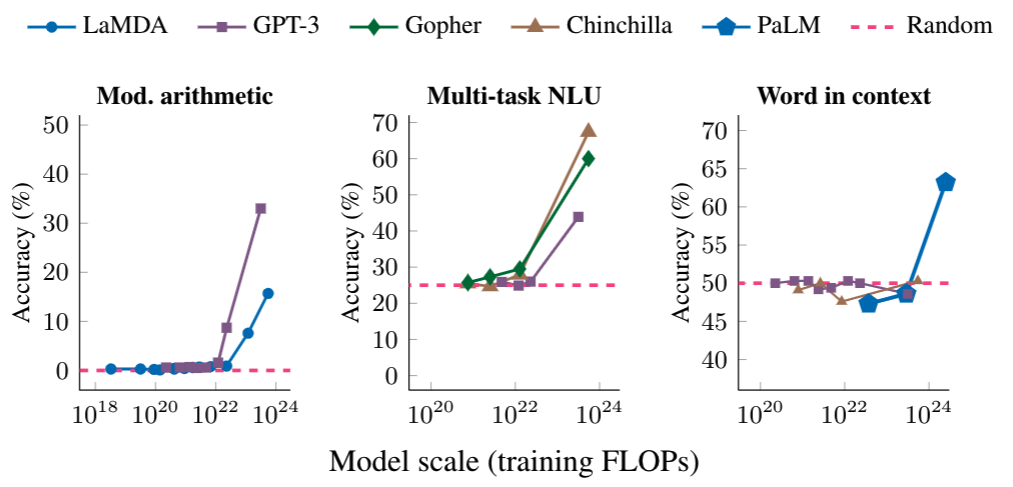1. Goal
Highlight some of the progress in 2022 and vision for 2023
2. Language Vision and Generative models
2.1. Language
Language model, although the simple objective is to predict the next word, the results are quite amazing
Chain of Thought prompting, help the language model follow logical chain of thought
Trained on multi-language model, it shows translation ability
Scaling give new power

2.2. Vision
Use transformer architecture rather than CNN to utilize both local and non-local information
Understand 3D structure from one or few 2D images
2.3. Multimodal Models
Key questions:
- How much modality-specific processing should be done before merge?
- A few layer
- How to mix the representation the most effective?
- Through bottleneck
2.4. Generative Models
GAN developed in 2014, two part
- Generator
- Discriminator
Diffusion model: slowly destroy structure in a data distribution, then learn a reverse process that can restore the structure
- Can produce image but in a low quality
Contrstic language-iamge Pre-training and LLM can produce high quality result
Next challenging:
- video
- audio: larger data, and one-to-many relationship
3. ML and Computer System
3.1. Software
Distributed systems: Pathway
- AI model
- Sparse and efficient
TensorStore, partular useful for LLM
Jax related libraries, Rax, T5X
3.2. Hardware
TPU and GPU
Use ML in hardware design, use a approximation level
4. Aglorithm Advances
Scalable algorithm, using graphs, clustering and optimization
Privacy and federated learning
Maket algorithm and causal inference:
5. Robotics
More helpful?
- Communicate more efficient
- Understand common sense in real world
- Scaling the number of low-level skills
Using LLM
- Using the LLM to generate instruction (that robot can do)
- Do the job in a given situation
- Value function in RL
Scalable Data Problem
- physical skills present significant challenge to robot
- Moravec’s Paradox: reasoning require little computation but perception skills require enormous computation
Simulation:
- still gap between simulation and real world
- collect training data
6. Natural Science
ML to act on curiosity
Complexity of biology
- brain
- reconstruction of the neural of a zebrafish brain
- proteins
- genome
Quantum computing for new physics discoveries
7. TODO
Common sense in LLM?
huam cortex
fruit fly brain